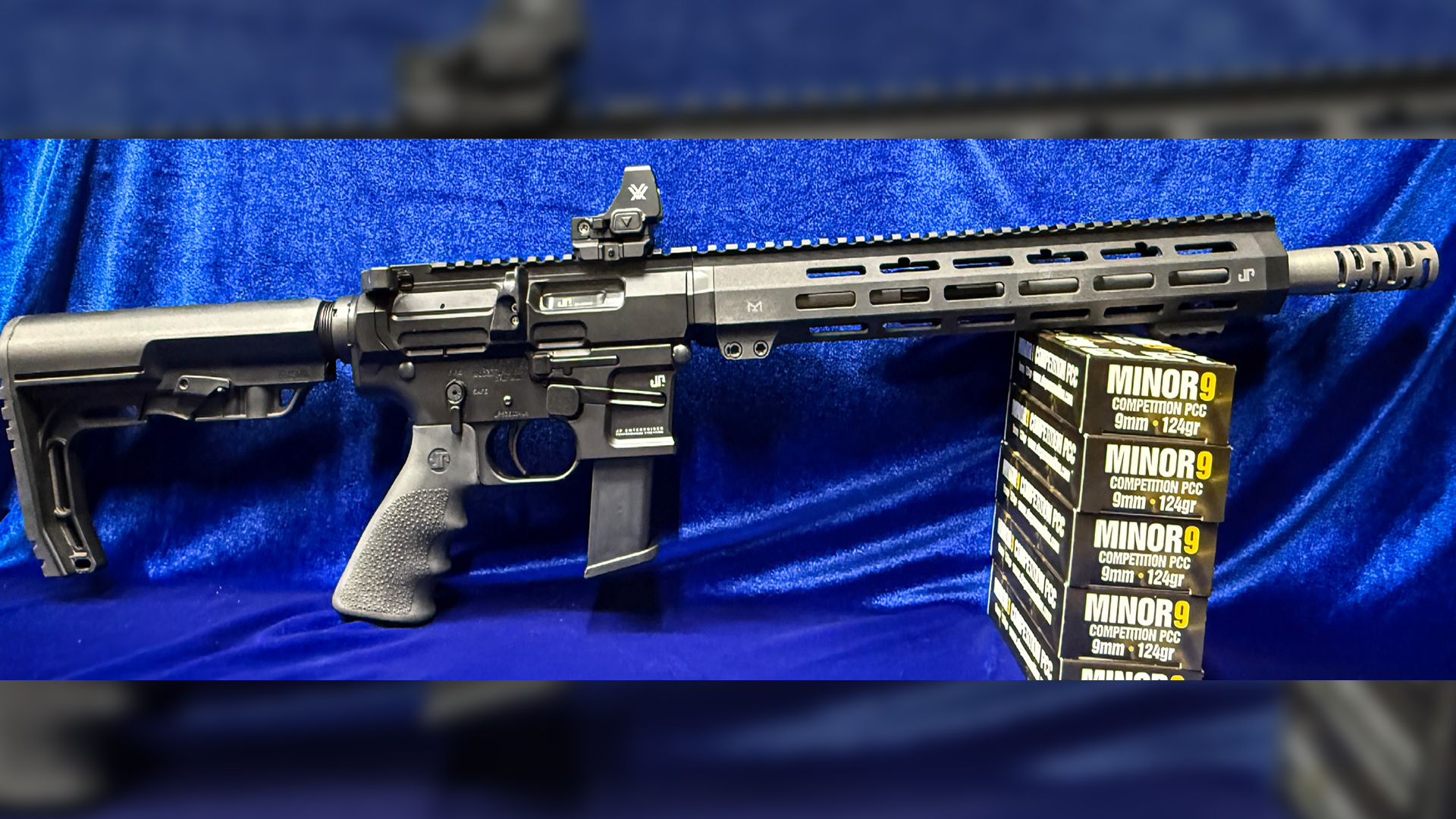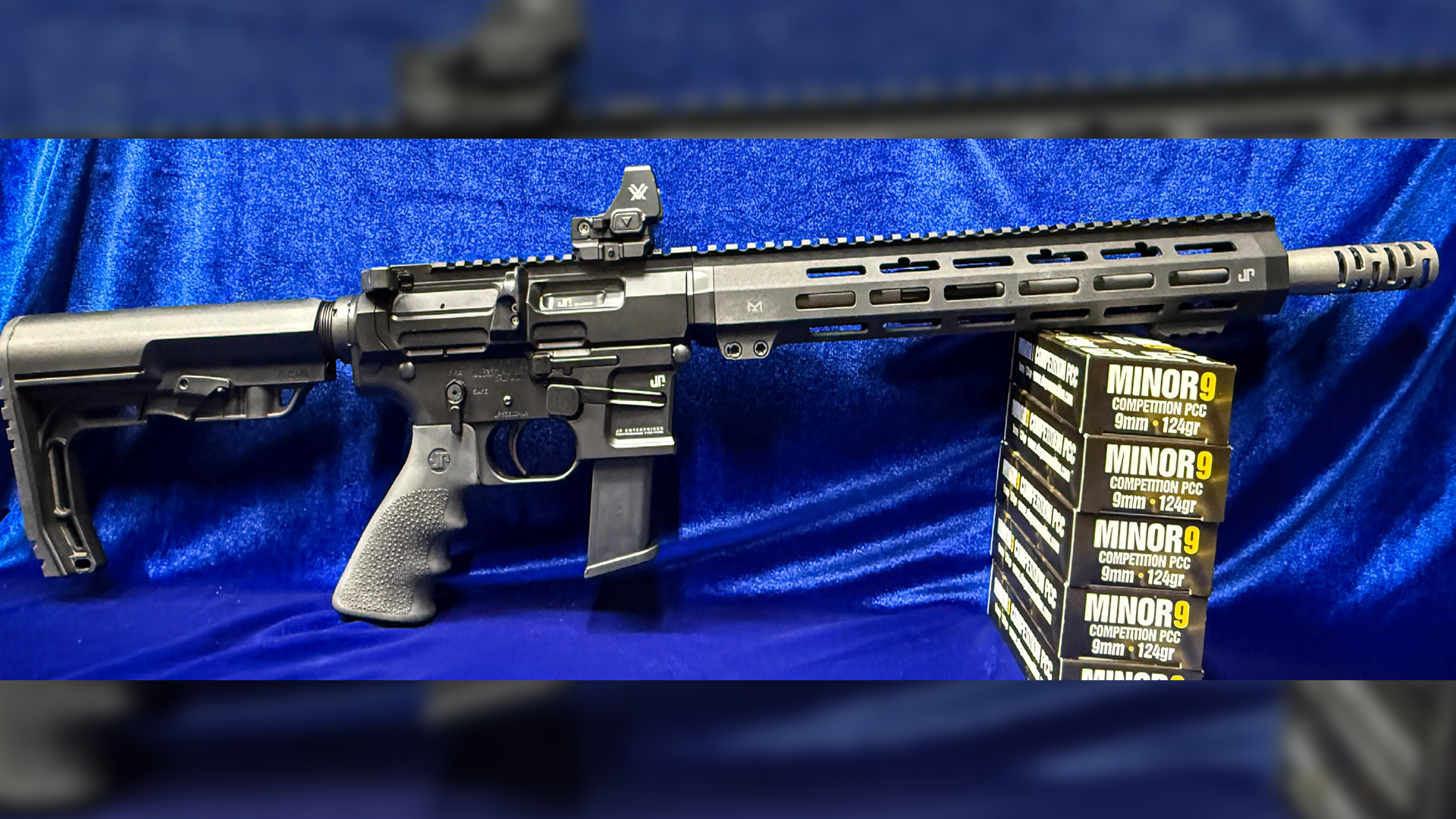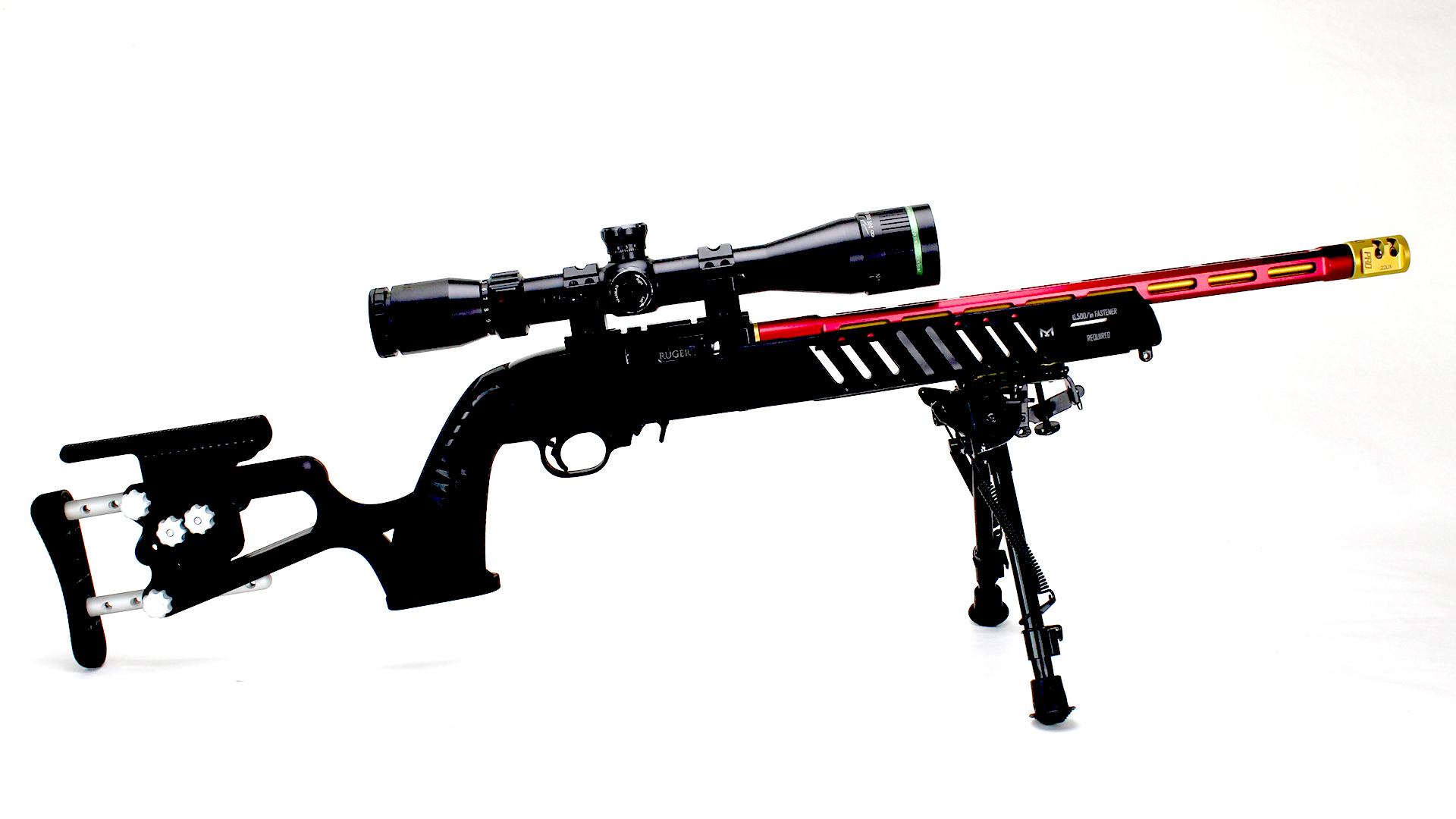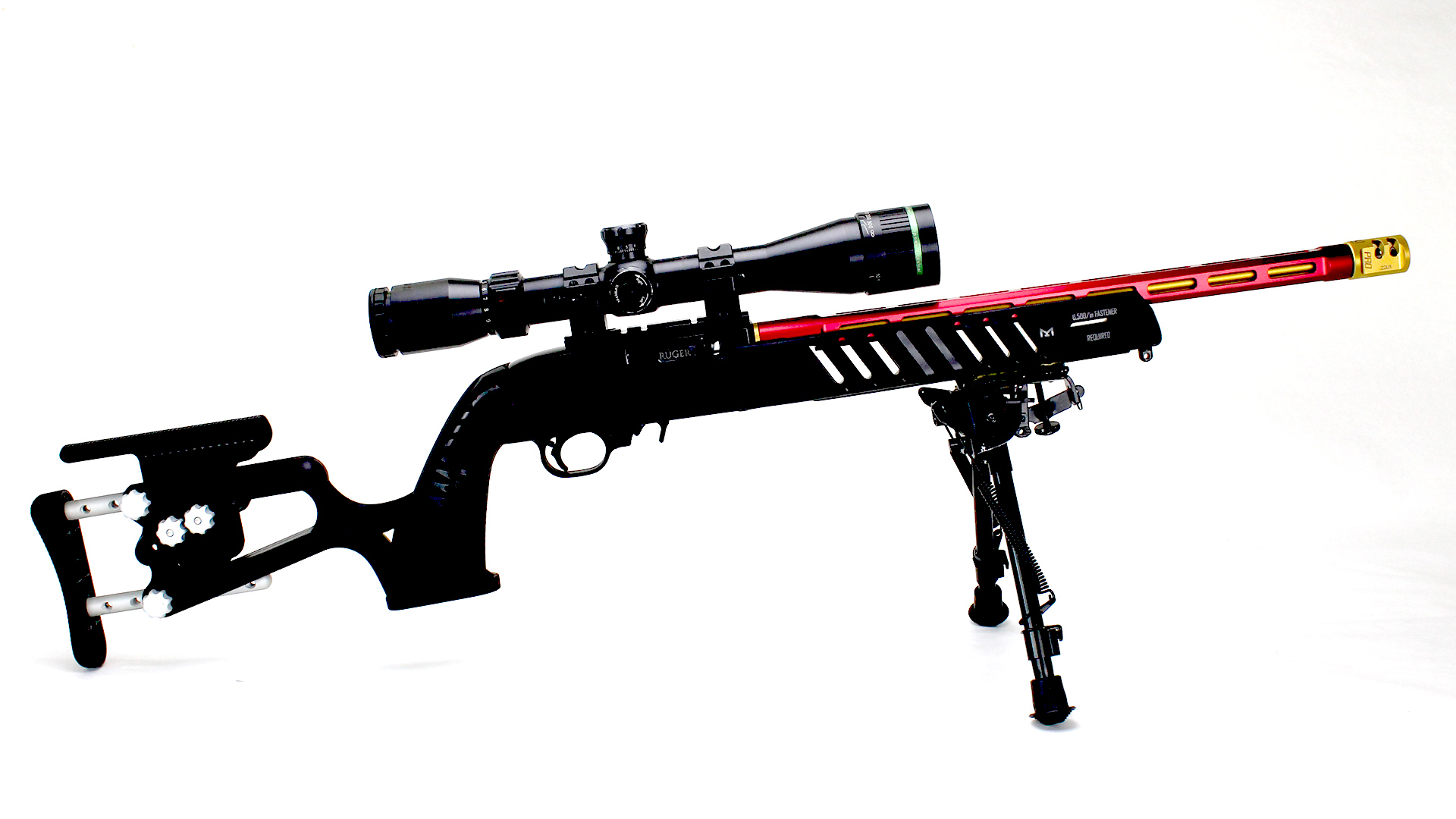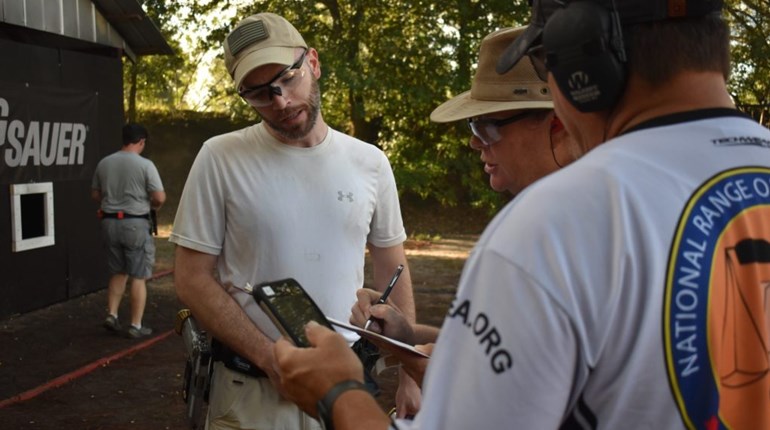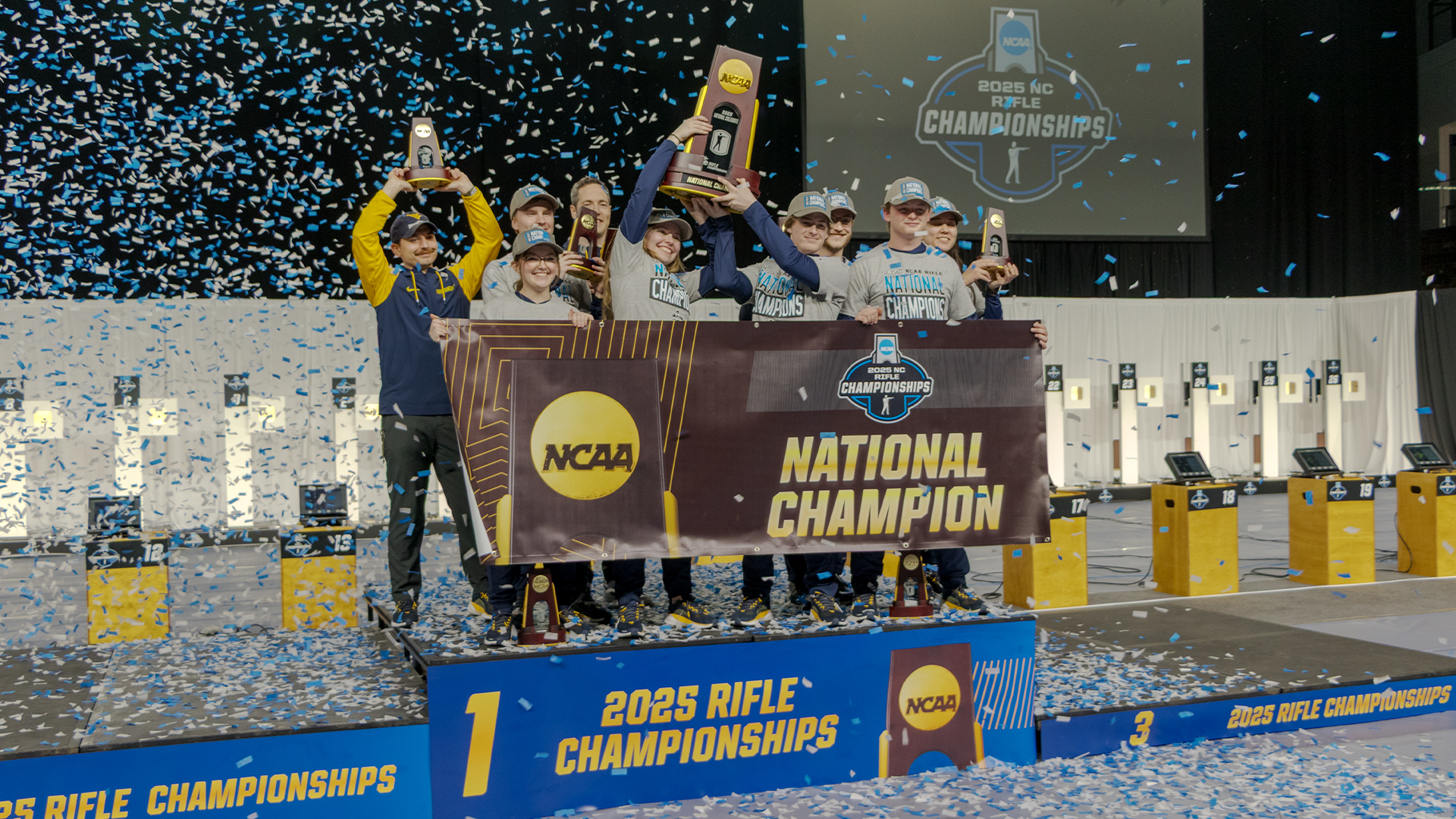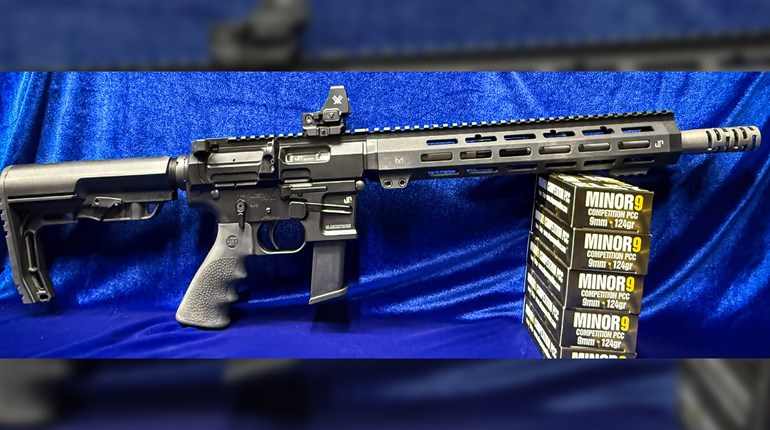
Setting up a collegiate shooting sports program is similar to producing a play—finding the right location, attracting interested people, lining up solid financing, etc. But getting a play successfully to the stage is just part of the story. Keeping it there is the real challenge. Making a play appear fresh and interesting night after night, week after week, and in some cases, year after year—that's the real work. Anyone who's ever been associated with a smash hit on Broadway will say it's all worth it. The work is the reward.
Operating a college shooting program is like that. The everyday challenges of keeping one afloat, such as budgeting and financing, public relations, keeping track of changes in college policies, monitoring attitudes of students, faculty and administrators, and day-to-day administration are part of what makes a shooting program interesting and alive. Providing students with a sport that offers a lifetime of pleasure and a competitive challenge is another plus.
Remember, there are resources available to help, and they should be utilized fully. The NRA is one such resource. NRA staff expertise in operating a shooting sports program can be found online.
Speaking up for the shooting sports
Always stay on top of the attitudes toward the college's shooting sports program. If there is any sense of a growing negative faction, move to counter it before it gathers strength. Find out what the objections are and prepare to respond to each positively and confidently. For example, should an editorial appear in the local or campus press criticizing the program, contact the editor immediately and identify yourself as working with the program. Ask others to reach out as well. If the correspondence is not published within a week or so, contact the news organization and find out why. The press has a responsibility to present different views on issues that concern the public. Be sure at least one pro-shooting sports letter is published to counter the negative editorial.
Developing an information packet
In working within the school system, know the deadlines and guidelines for all sports and find out what hearing appeal boards review the shooting sports. Use all this information and the resources of the NRA to maintain the existing program and to build on it. The healthier the program is, the better chance it has to keep going through college administration changes and coach/instructor changes within the shooting sports themselves.
Colleges may have guidelines and procedures for dropping a varsity or club sport. Obtain a copy and become familiar with these guidelines. Some reasons for dropping a sport include:
- Cost of supporting the sport is too high.
- Facilities are inadequate.
- Coaching or faculty staff is unavailable.
- Scheduling becomes difficult.
- Recruitment is a problem.
- Participants or spectator interest has declined.
It's a smart move to create an information sheet in support of the shooting team and to keep it updated.
Presenting your case
This is the time to shine. When speaking before any group or campus governing body, have everything in order and present people who bolster the program's cause. Be sure to present speakers who represent the wide interest in the shooting team: parents, student-athletes, coaches, faculty advisors, donors, NRA representation, coaches from other schools, etc.
Make sure all speeches and deliveries are clear, concise and brief. Keep the focus on the shooting sports. Review all remarks before meeting. Many times, this presentation will be the first meeting for students and coaches with the appeals council or athletic department. Remember, this is not an emotional issue for administrators, but it is for the shooting team. Channel emotions into positive energy. Contact the NRA and other supporters for additional ideas.
In corresponding with the administration, solicit support from the local community, in the shooting arena across the country and especially from the schools in the same conference, league or region. Support from their school administration can help, too.
Promotion and Public Relations
The strong programs seem to stay strong, but not without hard work. All schools with shooting teams work hard to keep their teams at their present level. You must meet regularly with college administrators and keep these people current on what is happening with their team. Keep up on all policy changes and financial issues concerning the college at large because ultimately, funding cuts will affect all areas of the university. Being a shooting sports administrator is a full-time job, but most shooting coaches have other jobs as well.
Most shooting teams are their own best public relations team, and promotion of the shooting sports comes from within the team structure. Most college newspapers will cover the team, but often will not cover the events themselves. Every school takes a different approach, but school websites usually have a team roster and match results at a minimum.
Sources of support
The strength of the collegiate shooting program comes from many different sources. The National Rifle Association is a major source of support, and so are:
- ROTC departments with support staff, ranges and equipment.
- Knowledgeable coaches and instructors.
- College administrators with support of budget and space.
- Literature to become a better shooter and coach.
- The NCAA, USA Shooting, SSSF and other organizations.
All these areas play an important part in keeping the shooting program active and growing.
Read more: Choosing A Competitive Shooting Program For The College Campus







